The Latest Insights and Analysis from Chris Cui, Director of Asia Programs
November 18, 2019
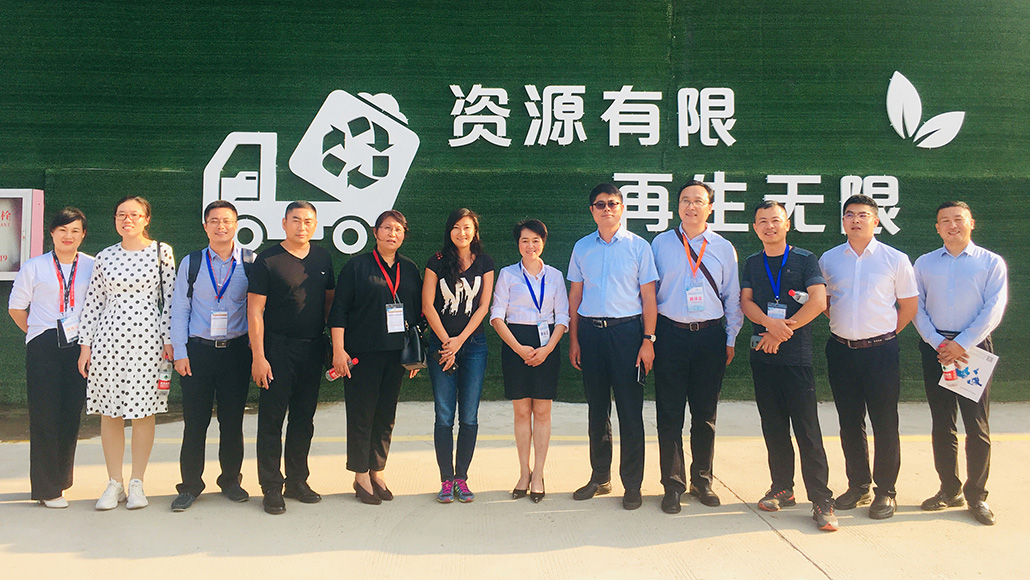
Chris shares her latest thoughts and takeaways from a recent trip to China where she attended the 14th China International Plastics Recycling Conference & Exhibition and visited a local MRF.
China’s Material Recovery Facilities Are Fast Adapting To A Post National Sword World
We gained valuable market insights from policy makers and market practitioners at the 14th China International Plastics Recycling Conference & Exhibition in September in Shanghai. The discussion focused on how stakeholders across the recycling system should work together to develop a domestic closed-loop ecosystem. This means doubling down on collection, transportation, and reprocessing efforts to enable brands to reach their circularity goals. It became clear that the Chinese government is determined and committed to supporting the development of the circular economy in the coming years by carrying out the following policies:
- Implementing a tax to support the recycling industry
- Creating green standards for recycled plastic and for the production of recycled plastic
We saw firsthand the rationale behind these policies that are being considered. Mr. Wang, the Secretary of CRRA, was also quick to note the number of new faces in the room, including brand owners and capital providers, like Closed Loop Partners and the Alliance to End Plastic Waste. This helped to send a strong signal to the recycling industry around the business case for the circular economy.
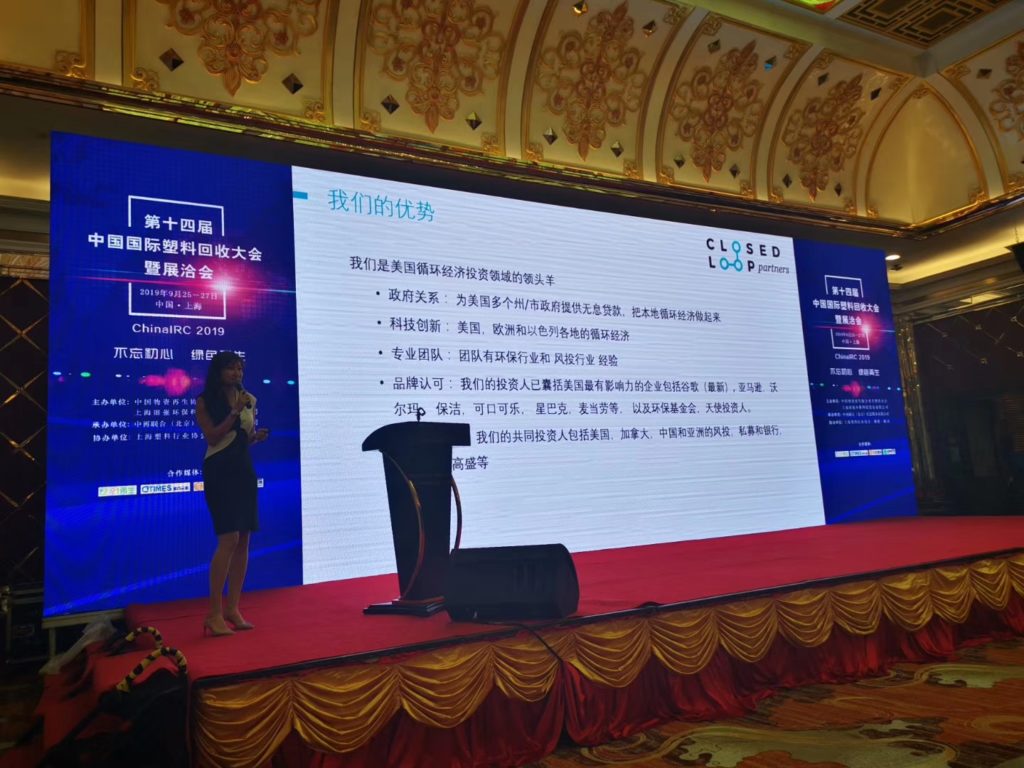
Chris promoting the circular economy to brand owners & the recycling industry in China, Shanghai.
Witnessing The Transformation Of A Traditional MRF Into A Tech Enhanced One
It’s been three months since mandatory trash sorting was enforced in Shanghai and other big cities across China. We visited a local MRF to see how the new laws have impacted business. Tianqiang, led by CEO Mrs. Hu, has transformed its business model from a MRF to an all encompassing solutions provider, adding collection, reprocessing and production capacity.
- Tianqiang has implemented technology enabled collection services. They have set up café style smart collection centers with digital scales that are linked to real time commodity prices. Residents get paid immediately by cash or credit according to the commodity price on a given day. Also, operators of the MRF are able to see the exact amount of recyclables collected from each transaction and accumulated at each center on a dashboard. This data helps inform the local government’s waste reduction targets for different communities.
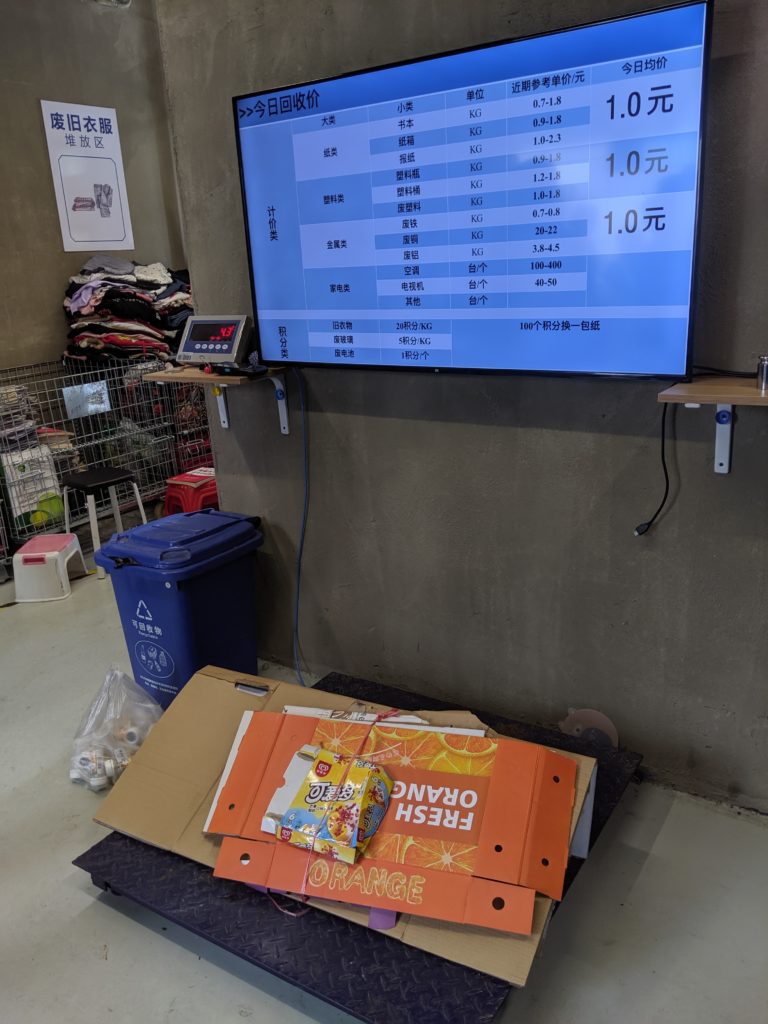
Weighing paper recyclables at Tianqiang.
- Tianqiang is embracing vertical integration. Although their recycled plastic is sold mainly to car and furniture manufacturers, they are also producing their own products such as clothes hangers to sell to retailers. Their recycled paper is being sold directly to the no. 1 and no. 2 paper products manufacturers in China.
- Tianqiang’s collection centers are rent free, strengthening an earlier point that the Chinese government is supporting the development of local recycling infrastructure, for example by providing free land to encourage private sector growth.
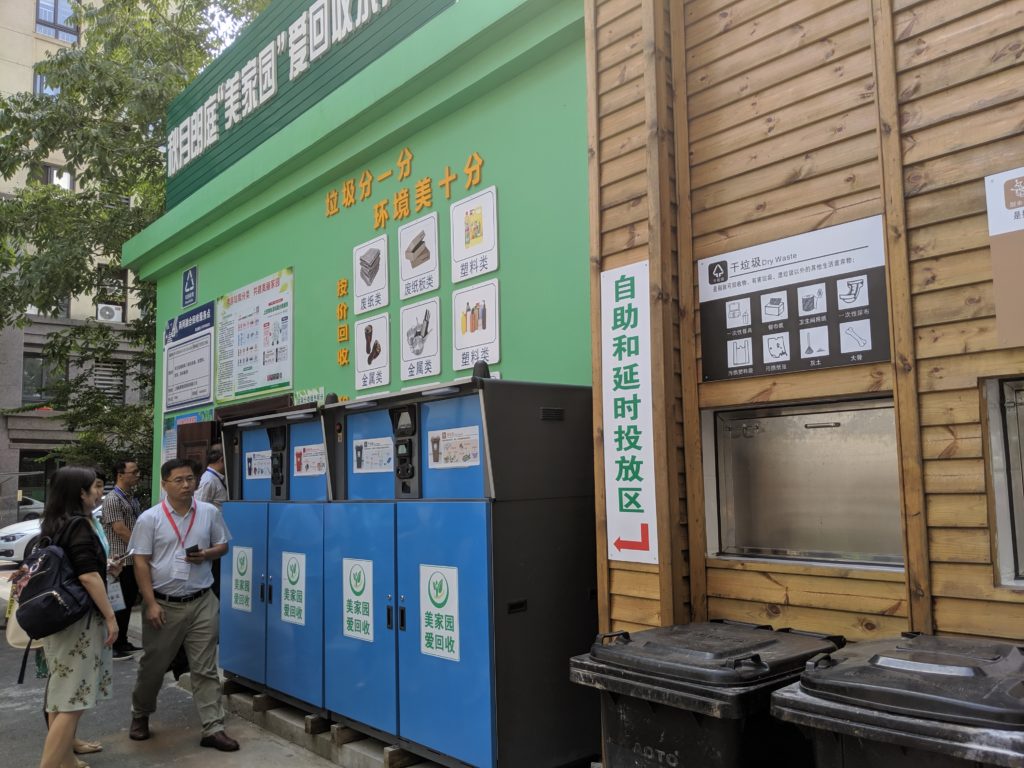
Locals separating and sorting recyclables at Tianqiang.
Related posts

Blog Post
How AI Can Reduce Food Waste at Restaurants
Closed Loop Ventures Group led the seed investment...
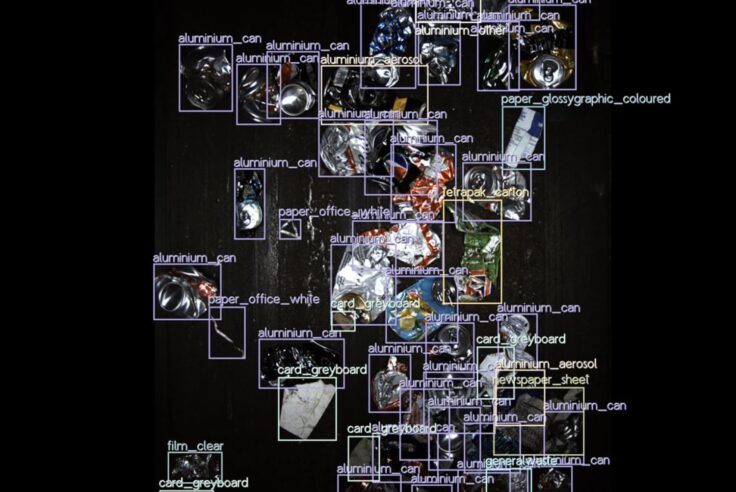
Press Release
New Data Reveals High Quantities of Food-Grade Polypropylene...
Closed Loop Partners’ Center for the Circular Economy...

Press Release
Closed Loop Partners and U.S. Plastics Pact Identify...
Packaging types primed for reuse lay the groundwork...
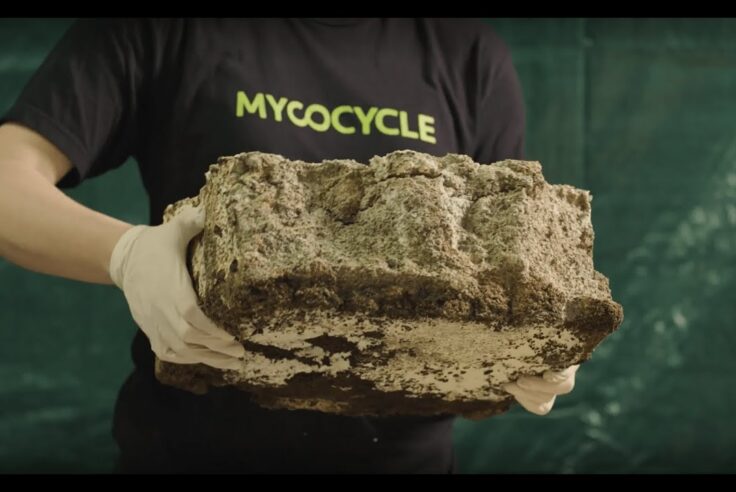
Blog Post
Why We Invested in Mycocycle: Nature-Inspired Circular...
Closed Loop Partners’ Ventures Group saw a key opportunity...
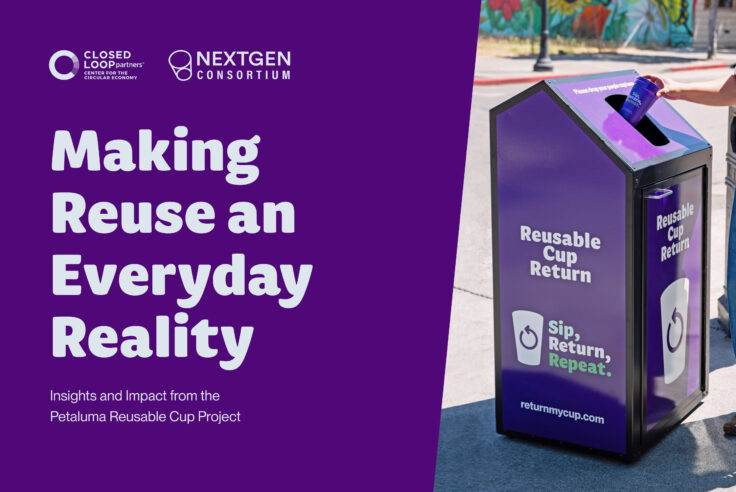
Press Release
Groundbreaking Results From Citywide Petaluma Reuse...
The Petaluma Reusable Cup Project from the NextGen...
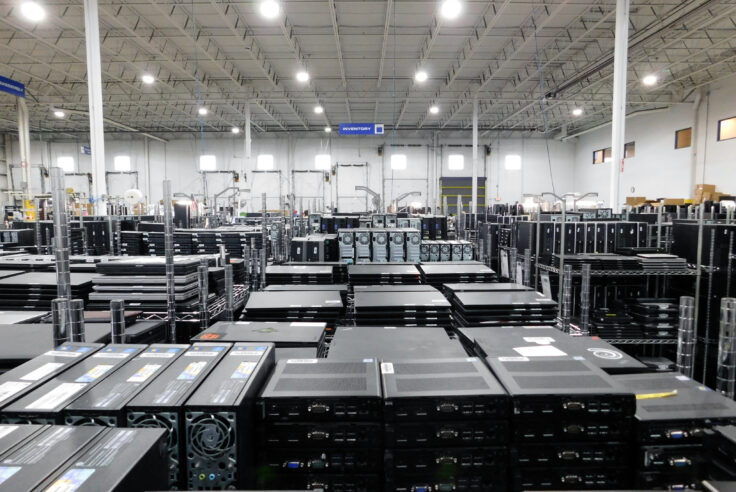
Press Release
Closed Loop Partners’ Portfolio Company, Sage Sustainable...
The bolt-on acquisition scales Sage’s end-to-end...

Press Release
Closed Loop Partners Unveils Groundbreaking Findings...
Closed Loop Partners’ Center for the Circular Economy...

Press Release
Capricorn Investment Group Backs Closed Loop Partners...
The partnership signals tailwinds behind the circular...

Blog Post
8 Tips to Navigate Life Cycle Assessments for Circular...
Closed Loop Partners’ Center for the Circular Economy...

Press Release
Closed Loop Partners Leads $4M Seed Round for LAIIER,...
Investment in the innovative liquid leak detection...
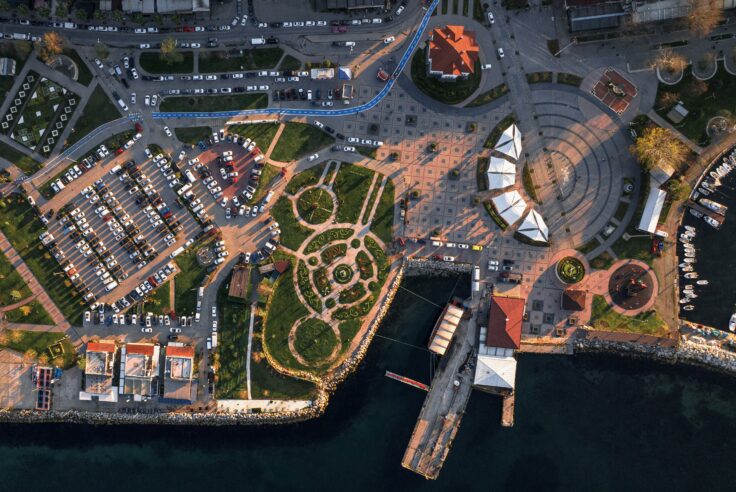
Blog Post
The Key to a Strong Local Economy? It Must Be Circular.
4 ways the circular economy unlocks local value.
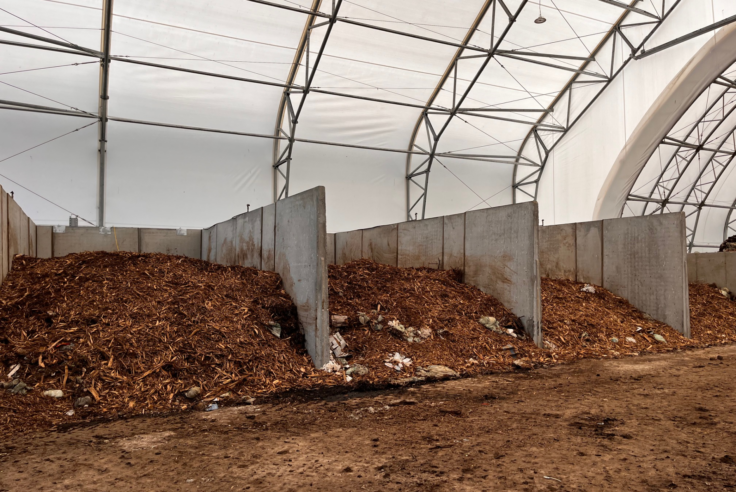
Blog Post
Why More Composters Are Recovering Food Scraps and...
Black Earth Compost and Glacial Ridge Composting Facility...
